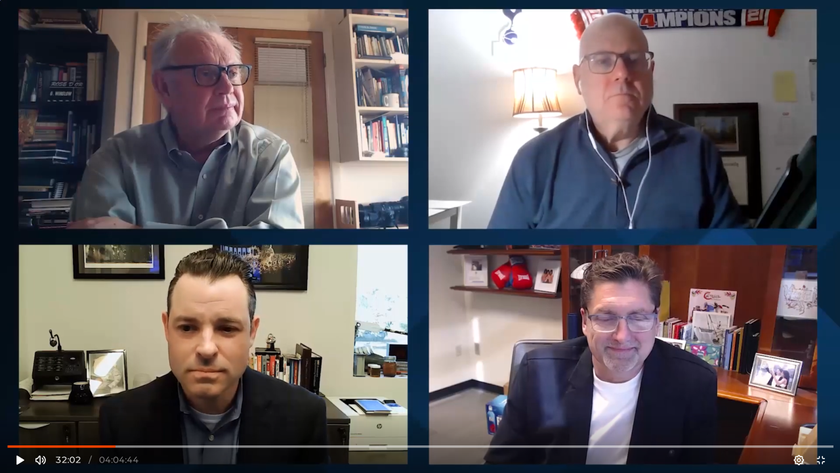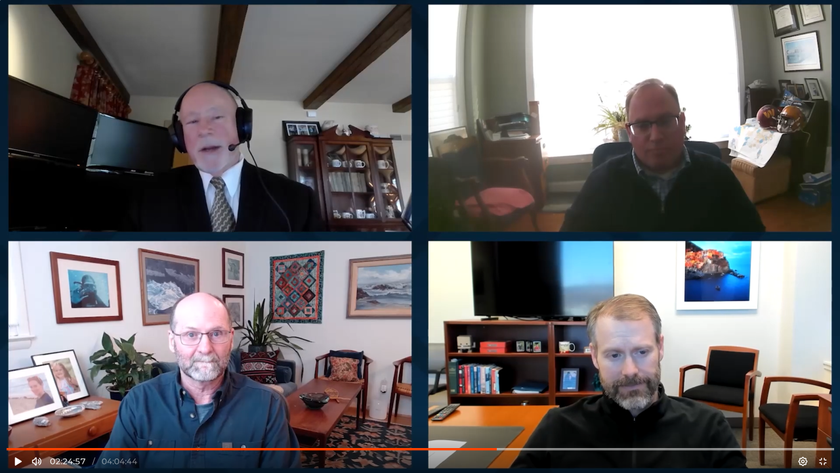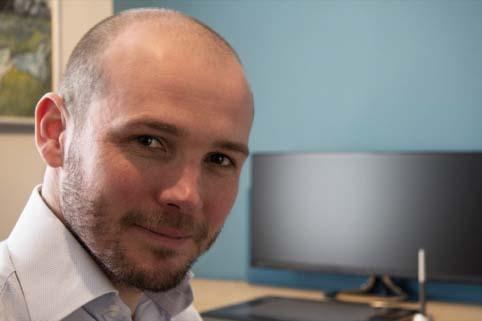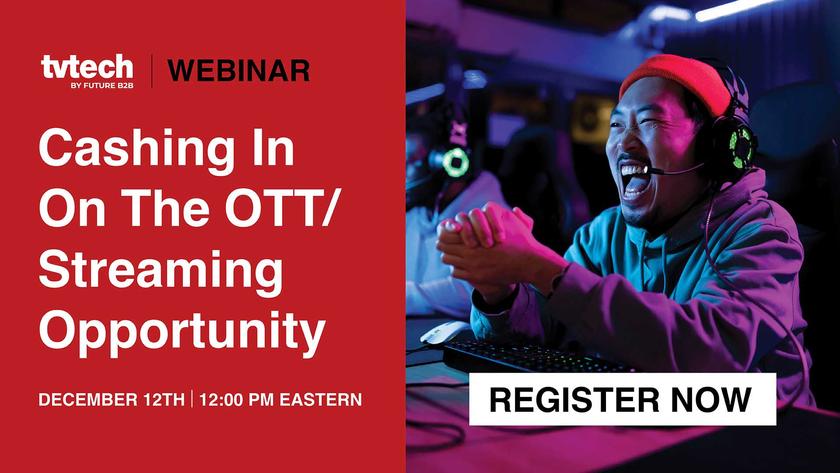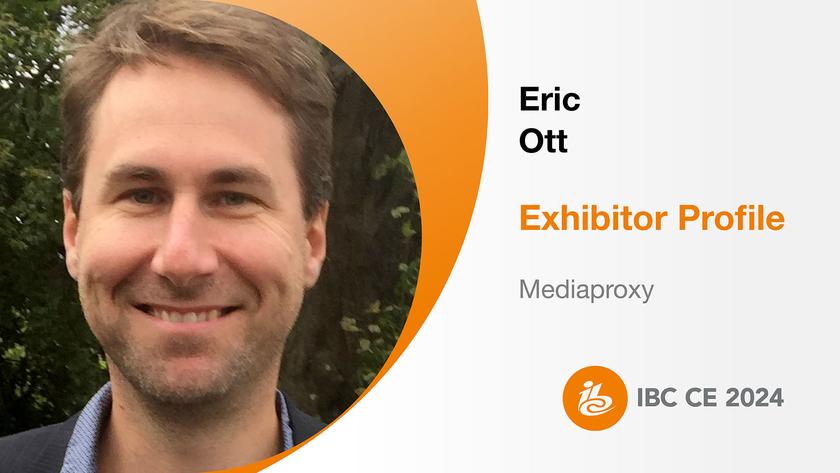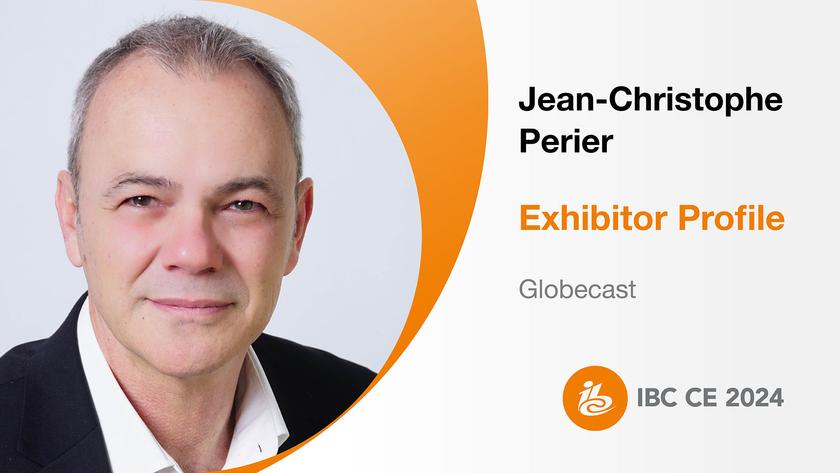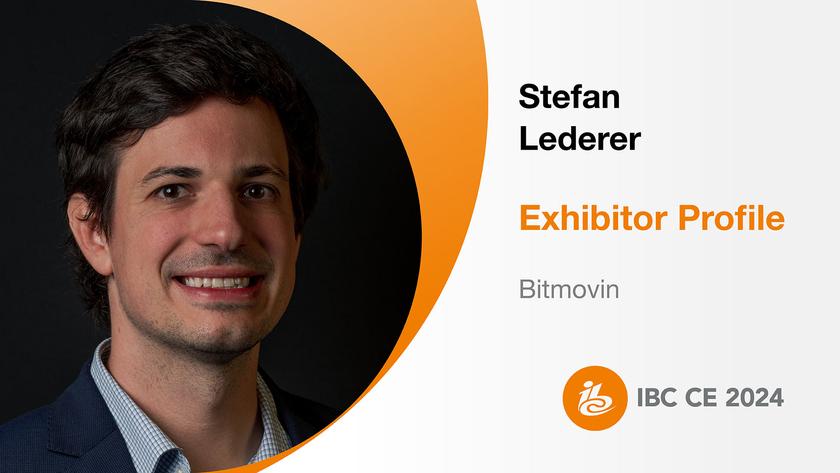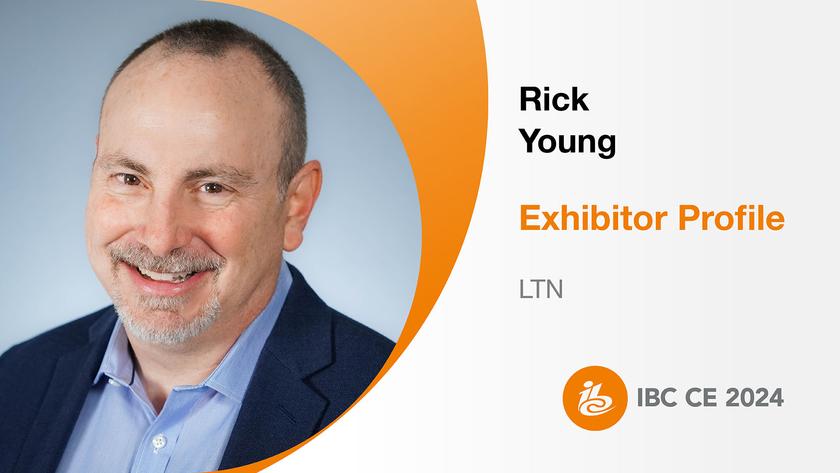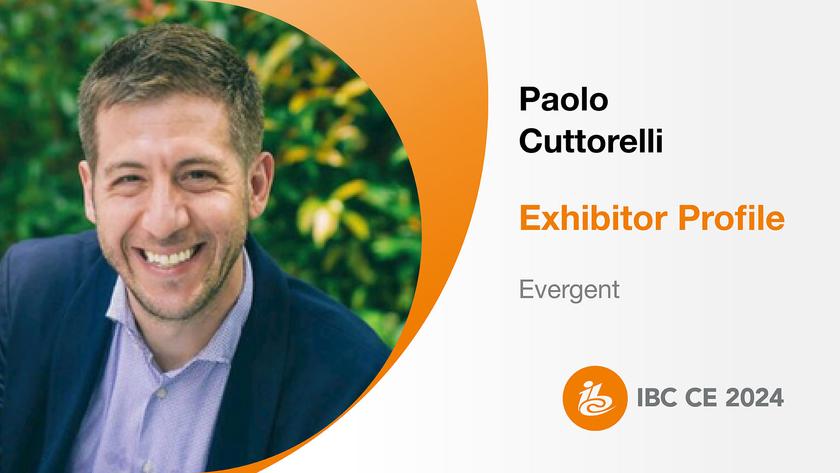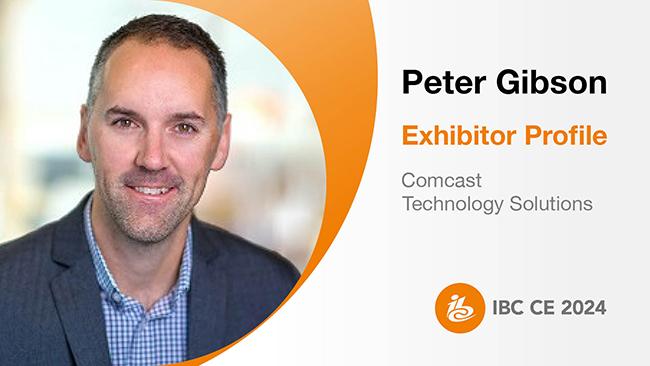SMPTE Q&A—Stephanie Wu
Shortly beforethe start of the SMPTE 2016 Annual Technical Conference & Exhibition, NewBay editors spoke with Stephanie Wu about her panel session “Re-Inventing Entertainment Engineering: How to Blend the Experience of Yesterday with Millennials’ Vision of Tomorrow.”

TV TECHNOLOGY:How would you characterize the primary differences between the current and future (next-gen) engineers?
STEPHANIE WU:We have grown up in vastly different worlds. Baby Boomers grew up in an analog world, with books, classic radio, television, etc. In the workplace, they are steeped in practical and direct experience.
My peers and I have been raised as digital natives, where the most complex engineering processes have already been simplified to a single swipe. We want a work environment that challenges us to not only learn from traditional broadcast engineers, but also allows us to push the boundaries and map out new frontiers. Millennials also look for ways to personalize our careers, adapting our roles to our personalities. What we do on a day-to-day basis must incorporate what we feel we strongly bring to the table.
As new technology continues to spin up, we can expect that future roles within our industry will start to become increasingly multifunctional; moving further away from the traditional engineering roles we see today. Success for all of us is dependent on how well we learn from one another and how willing we are to adapt work processes that are new or different for us.
TVT:SMPTE historically has been about "standards," which by their very nature involve locking technology in place for a certain period based on hardware limitations. What is the future of such an organization to people who grew up in an IT-based world?
SW:Growing up in an IT-based world means there is far more autonomy in technology. With an increase in people’s understanding of technology, the advancements in what will come next become increasingly limitless. The need for standards will always be important within our industry. Without it, we would potentially be adding a large number of proprietary products that are neither dynamic nor interchangeable, which becomes less and less desirable from a consumer standpoint.
SMPTE will need to focus on developing standards with a “speed-to-market” approach that is less around hardware limitations, but revolve around the ability to traverse across all platforms and future products. At the same time, we need to lessen the requirement for new standards to stay compatible with legacy protocols. If we continue to depend on legacy compatibility we will only be making incremental adjustments, rather than truly innovative and broad transformation.
TVT:In what way do Millennials in the entertainment technology workforce feel the most misunderstood? Are there stereotypes out there that are just wrong?
SW:One perception I’ve heard about Millennials is that we are “praise-hungry” and need constant positive reinforcement in order to perform our work. In reality, we are simply more accustomed to obtaining frequent feedback. What we are really trying to get to when we are “fishing for compliments,” is constructive criticism and confirmation on whether or not we are meeting expectations, and making a difference on the company or community.
TVT:What does the panel think are the ways Millennials might misunderstand those who came before–Boomers and Gen Xers? Are there stereotypes out there that are just wrong?
SW:In regards to Baby Boomers, I believe there is a perception they are out of sync with technology; however, I don’t believe that to be the case. Consider, for example, that both Bill Gates and Steve Jobs reside within this generation; they are actually the first to adapt to modern technology. The major difference would probably be that Boomers predominantly use technology for its specific function and purpose. For example, the primary purpose for their phones is to make calls while Millennials tend to incorporate it into their daily lives far more frequently for calls, texting, browsing and socializing–sometimes perhaps sharing and posting more than they probably should.
As far as Gen Xers, they are generally seen as more traditional and skeptical, thus they have a tendency to push back on ideas. If you think about it, they’ve witnessed the demise of major corporations (such as Enron or Worldcom), and the unsuccessful Space Shuttle Challenger explosion. I think the misunderstanding of Gen Xers is: while they criticize change, their criticality is due to genuine care and interest in the outcome. They are not averse to change, however they are thinking in depth from a diverse set of history and perspective; asking the right questions to ensure that before we make a change, it is considered from every outlook and angle.
Stephanie Wu is the operations manager for Disney ABC Television Group Media Operations & Distribution. She is responsible for providing collaborative support and vision on strategic projects and initiatives across the wider department.
Get the TV Tech Newsletter
The professional video industry's #1 source for news, trends and product and tech information. Sign up below.
